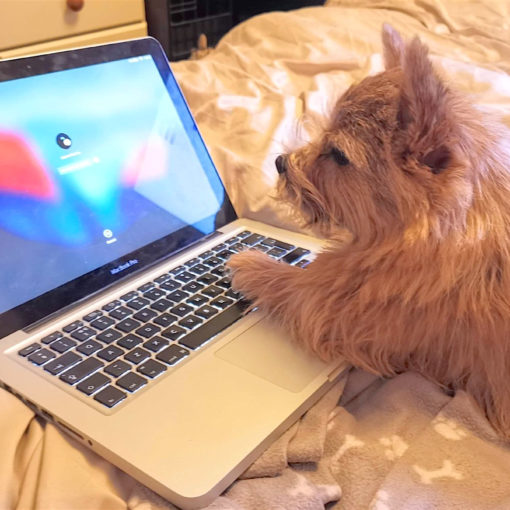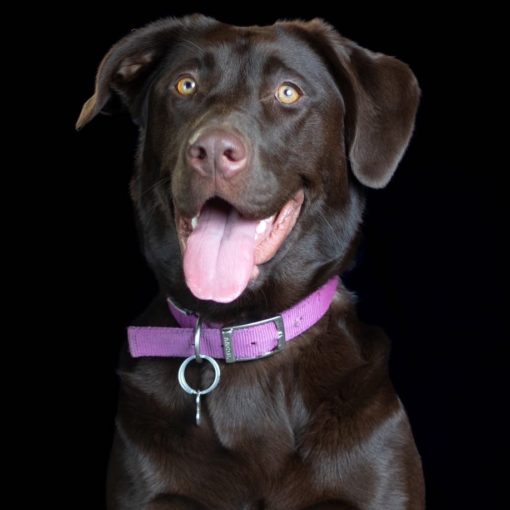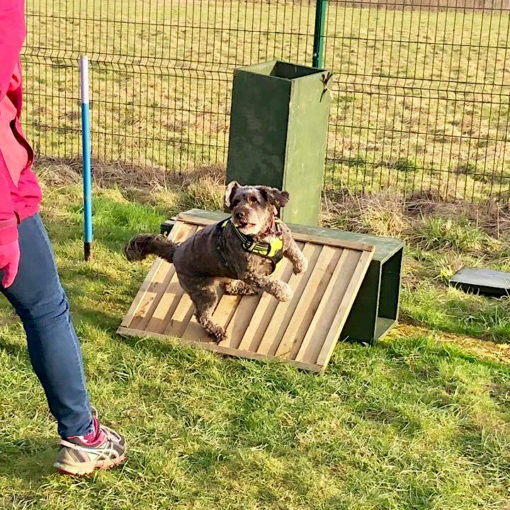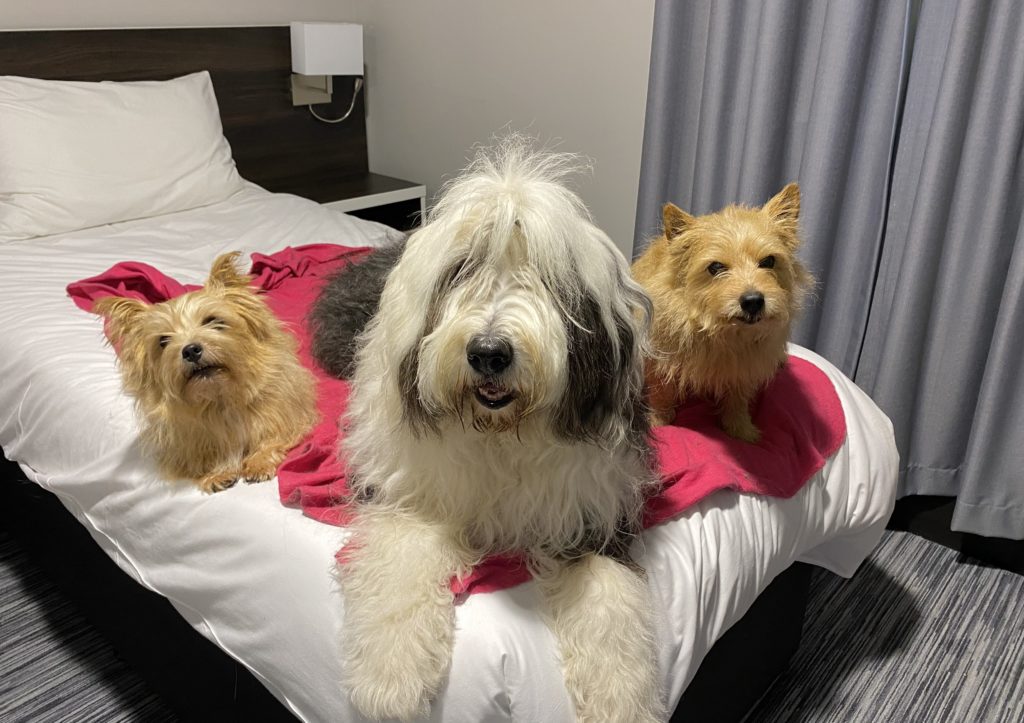
Fireworks Week!
So we have had plenty of Fireworks this week already but there may be more on the way over the coming nights and weeks and of course there’s Christmas, New Years Eve and potentially a few November and a December birthdays being celebrated with fireworks too.
So many dog owning families have been working hard in October and the start of November to prepare their Puppies, Adult Dogs or Senior Dogs for Fireworks to begin as well as trying to help them during fireworks taking place when we hadn’t expected our dogs to react or we hadn’t realised there would be fireworks really close by compared to previous years perhaps. But I really am proud of how many dog owners have been planning ahead to help their dogs as much as possible.
So next we need to focus on the days after the fireworks have finished – whether this is the day after a local display or the days following several nights of back garden fireworks. A dog that is fearful of the Fireworks, or showing stress from them, will need time to recover mentally, emotionally and physically – this can be hours or even days as their natural levels of Adrenalin, Serotonin and Cortisol need a chance to return to normal. Part of the fear process is that hormones are affected in a stressful situation and change the usual levels, either higher or lower, and this results in a dog showing a fear response. These hormones take hours and days to return to their normal levels and this is assuming that the stressful situation, eg fireworks, have only been heard for that one night.
When there are fireworks experienced by a dog that finds them traumatic several times over a period of a few days, whether consecutive days or several in one period, the levels of seretonin, cortisol, Adrenalin etc don’t have a chance to recover to their normal levels which means a dog may appear outwardly that they are ok the day after fireworks but internally they are struggling to just get on with daily routines.
You may notice some changes in your dog in the days following Fireworks, such as;
🐶 loss of appetite
🐶 more lethargic then you normally see
🐶 not so keen on activity such as walks or play
🐶 less tolerant of other dogs at home or on walks, and possibly unsure of other house pets too
🐶 not wanting to greet people when they usually love people
🐶 body language such as tail tucked under, ears back, head lowered, panting more then usual, the whites of the eyes looking pink or red compared to usual
🐶 increased signs of discomfort

In the cases of fireworks, the day after there have been a series of fireworks nearby we need to give our dogs the next day at least to decompress and return to their usual functioning state. Ways we can help our dogs include;
🐶 Allow your dog time to just sleep or rest if they choose to.
🐶 Consider a shorter walk or having two walks that are shorter then a normal one long one.
🐶 Try to not expect them to do too much that requires thinking things through and assessing, such as meeting new dogs or people on a walk.
🐶 Maybe put off your dog learning something new or working on something towards a competition etc.
🐶 If your dog would be due a training class or activity the day after being stressed from fireworks you might need to consider missing that week or making it a shorter session.
By giving our dogs body and mind some time to recover and recuperate we are helping them to not feel pressured or rushed. When we are unaware that they are still affected by the previous nights events we can add to our dog’s stress levels and contribute towards negative associations with the sounds, smells and sights of fireworks – another of many factors that can cause the fireworks to be more stressful each year. Not giving our dogs and their bodies that chance to return to a ‘normal’ state can also lead to increased anxiety in general and even new behaviours such as snapping when touched, reacting to dogs coming close on walks, repetitive actions like pacing, chasing shadows, digging the carpet or barking at the slightest sound.
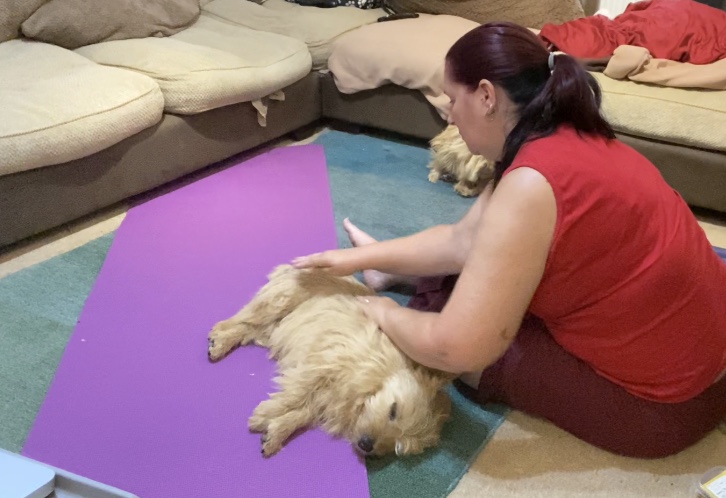
So today let’s make it a day to work with our dogs collectively to provide calm and relaxing environments. That might mean simply letting our dogs rest, or a shorter and one quieter walk, or it may mean playing calming music, using Zoopharmacognosy self selection, providing Reiki, TTouch or Massage like Galen Myotherapy, playing a recording of the latest Relax Dog class or offering something like Rescue Remedy or other Bach / Baileys essences.
How is your dog today? Did they find the last couple of nights stressful? I would genuinely be interested in hearing how they have found Fireworks weekend and what they are doing today post Fireworks.
Take care of yourselves and your dogs!
Joe Nutkins, KCAI, CPCFT, CAM Level 1 Advocate, CSDT Dip.DT/BC
